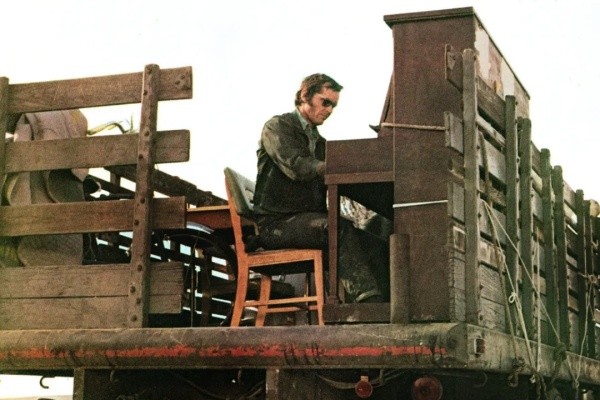Clandestine affairs and the desire for sexual connection mark Lou Ye’s naturalistic, if at times, meandering take on the taboos of the conservative Chinese society.

Review #569
Dir. Lou Ye
2009 | China | Drama/Romance | 107 mins | 1.85:1 | Mandarin & Cantonese
R21 (edited) for homosexual content
Cast: Qin Hao, Chen Sicheng, Wu Wei, Tan Zhuo, Jiang Jiaqi
Plot: Hired to spy on a philandering husband, Luo Haitao soon becomes entangled in a clandestine affair with the other man.
Awards: Won Best Screenplay & Nom. for Palme d’Or (Cannes); Won Best Film Editing, Original Score & Nom. for Best Leading Actor, Best Sound Effects (Golden Horse)
International Sales: Wild Bunch
Accessibility Index
Subject Matter: Slightly Mature – Relationships; Spying; Extramarital Affair
Narrative Style: Slightly Complex
Pace: Slow
Audience Type: General Arthouse
Viewed: In Theatres
First Published: 22 Nov 2010
Spoilers: No
Banned in China because of its strong homosexual theme, Spring Fever had the distinction of winning Best Screenplay at Cannes. Director Lou Ye, who is well-known in arthouse film circles as a controversial filmmaker, does a quite decent job with his newest picture.
Lou Ye’s film grinds along like a slow steamship. The story unfolds with two gay men who are sexually attracted to each other. The spouse of one of them hires a spy to check on her husband’s activities, leading to a host of extramarital problems and new opportunities for relationships.
In essence, Spring Fever is a film about the individual’s quest for romantic fulfilment in a conservative society that sees extramarital affairs as taboo, let alone one with a partner of the same gender.
The film’s glacial pace occasionally allows the moving camera to hover around the main characters, capturing their close-ups as they stare into space, reflecting on the trajectory of their lives.
The performances are honest, but they do not excite. The homosexual scenes are often shot in low light, and in a dreary setting. As a result, these scenes do not titillate but rather are portrayed as a matter of normalcy in the daily lives of these characters, which is what Lou Ye intends to show in his film.
Lou Ye neither advocates homosexuality nor questions the behavioural motivation of his characters. Instead, he lets his film ride on his naturalistic direction as it meanders about in a bid to deliver a picture that is as much an ode to the freedom of (sexual) expression as it is about finding meaning in one’s existence when society, by no fault of its people, unfairly denies that freedom.
Grade: B
Trailer:












[…] far cry from his provocative (perhaps more well-known) later works like Summer Palace (2006) and Spring Fever (2009). It is, of course, no less […]
LikeLike
[…] Lou Ye, who broke into the international scene with Suzhou River (2000), a key work of the Sixth Generation Chinese cinema, has been a figure of controversy for many years with films like the sexually explicit and political Summer Palace (2006), withdrawn from competition at the Cannes Film Festival at the behest of the Chinese government, and the gay drama Spring Fever (2009). […]
LikeLike